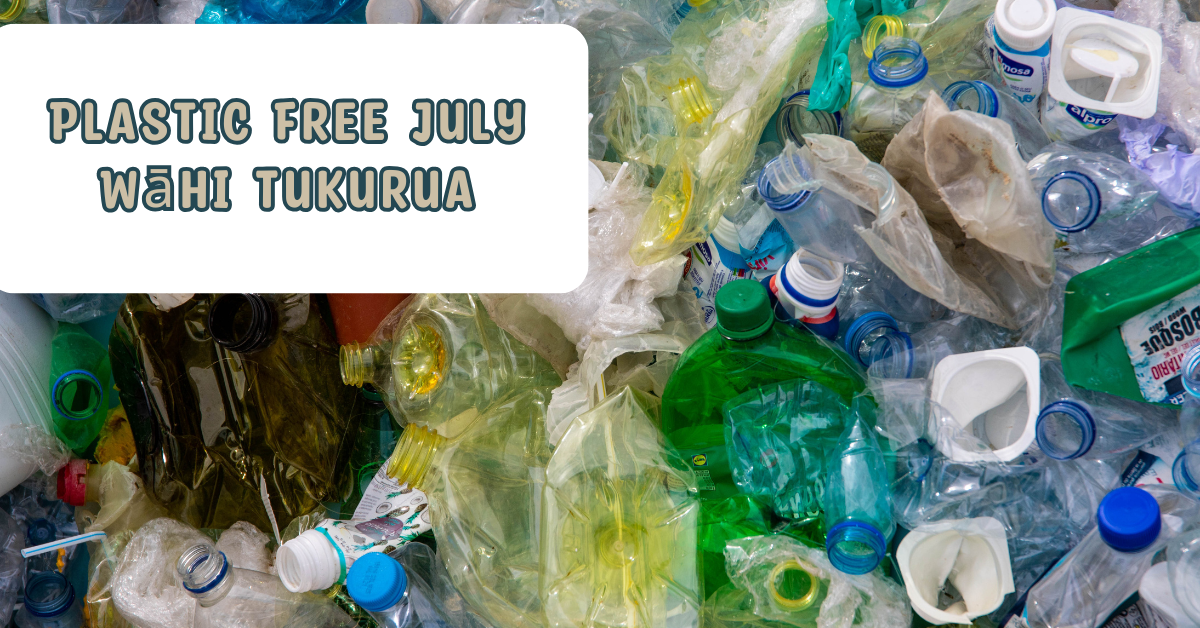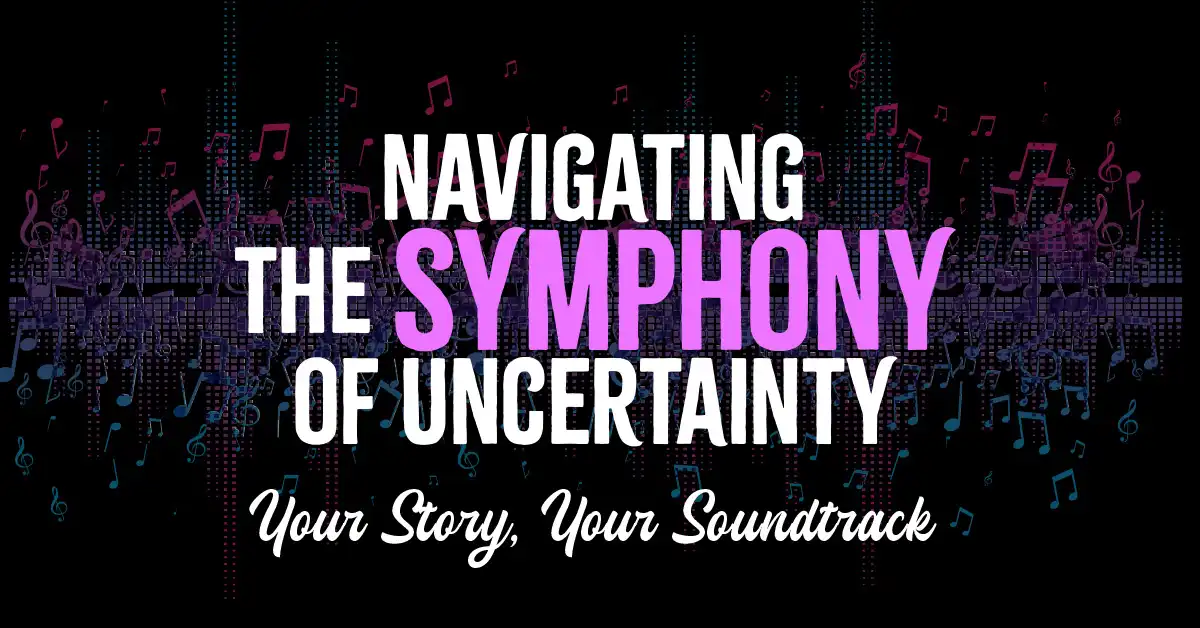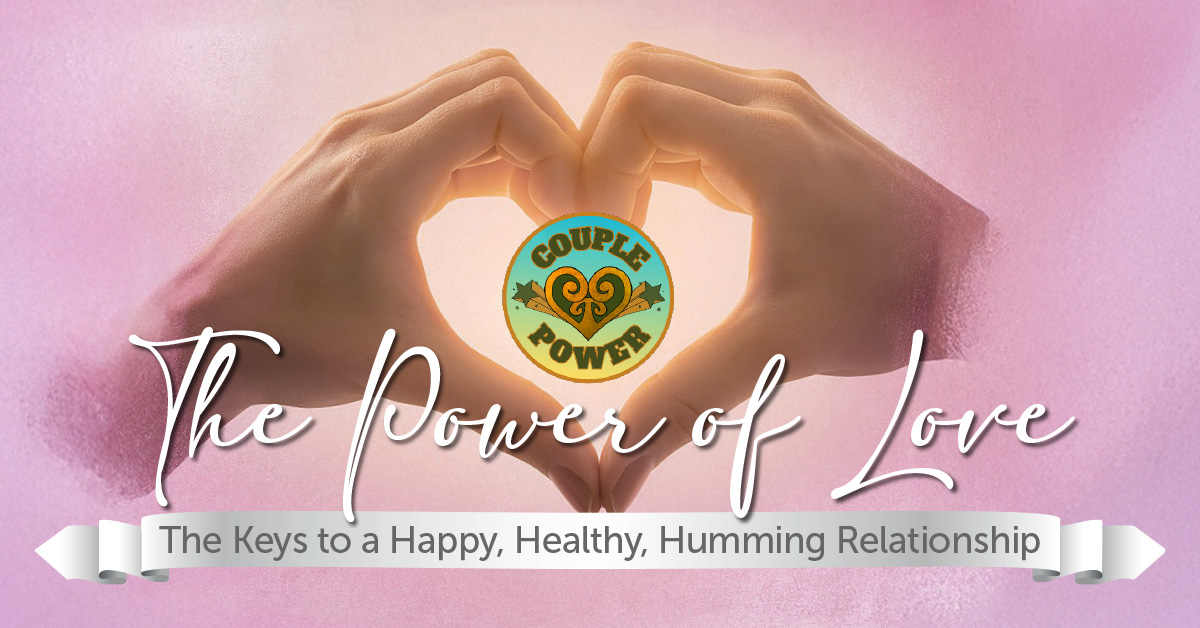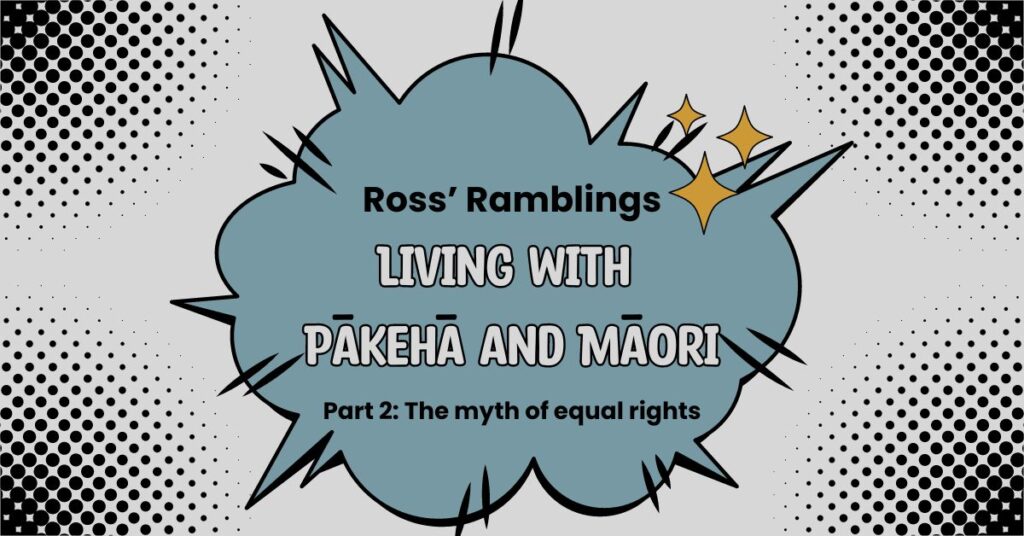
Part 2: The myth of equal rights
In Part 1 of this story, I suggested that people and political parties sit down and share kai together, speak and listen to each other and reach compromises through sharing ideas and understanding – and not use historical agreements to sow discord and division, as the Act Party’s Treaty Referendum Bill is doing. The party’s policy of New Zealanders having ‘the same fundamental rights regardless of race, religion, gender …’ is obviously a nonsense. Equal or same rights don’t exist. I don’t have the right to enter your house without permission. My daughters don’t have the same right to a pension as I do at 73 years old.
The Pope may think he has the right to absolve sins but would I, if I were a Presbyterian or an atheist? Of course, we are all equal as humans and deserve to be shown respect as such and not be the recipients of subjective judgements. Most Christians will have read this in their holy book. The important thing is that we are all equal because we are all human, but we are not the same. Some of us are rich, some are poor; some are religious while some assert that religion is a figment of human imagination; some are happy and some want to die; some live in gangs or other communities while others prefer individualism.
So, as you may surmise, such a political policy of equal or same rights is illogical, and we must question the motive behind it. Is it to limit Māori input into decisions regarding economics and the exploitation of resources, thereby allowing business interests to increase returns to shareholders, most of whom, I am sure, are not from the lower socio-economic classes and many probably don’t identify as Māori? In fact, only around 5% of Māori voted for Act. Or is it the fear of losing something material like land, or money in the form of perceived benefits purportedly distributed on the basis of race? Or is it the underlying resentment towards Māori that seems to simmer just under the skin of some Kiwis?
Whatever the reason(s), it seems that the groups that initiate anti-indigenous rights movements, like Advance Australia in the Voice Referendum, the Act Party with its Treaty Principles Referendum, the Heritage Foundation in the USA and others worldwide, are often part of a neo-liberal agenda backed by wealthy donors. What are these people afraid of that they insist on fostering racial division while using the mantra, ‘No division by race’?
If we go back to 1840 when Te Tiriti o Waitangi was signed, we see that the Māori population was around 100,000 while settlers numbered about 2000, just 2% of the total. There was a lot of settler lawlessness and random land-grabbing transactions by settlers at the time, and these were two of the reasons Māori wanted a treaty. Of course, many also considered the economic and social advantages of being under Queen Victoria’s protection, while some wanted protection from other iwi in the incessant inter-tribal wars. So, Te Tiriti was signed by the tangata whenua in good faith to embrace the new settlers and form a partnership with them. Now, some people want referendums in order to deny a minority of our population fair representation at national and local government levels by modifying or replacing Te Tiriti and abolishing Māori wards. Catholics comprise 10% of the population in Aotearoa. Imagine the outcry if we had a referendum about whether we wanted the Catholic church here. It’s time to halt this unnecessary divisive agenda.
According to Māori lawyer and judge, and former chairperson of the Waitangi Tribunal, Justice Sir Joe Williams, the English version of Te Tiriti was written in the legal language of the time and supported a vertical system with Queen Victoria at the top, followed by the Governor, then the Māori chiefs and their people, and the settlers. The Māori of the time had no legal language but understood Te Tiriti to be of a more horizontal nature, tuku whenua, ‘a powerful means to strengthen relationships and foster prosperity’, an alliance or partnership.
We all know what happened after Te Tiriti was signed – the land confiscations, land wars, population decimation from wars, disease and land alienation, and huge increases in settler migration, eventually leading to the near extinction of Māori culture, including te reo Māori.
So now, positions have reversed with Māori, having at first declined but now having increased to 17%, still a significant minority, well down from the 98% in 1840. When I think of the partnership created in that year, I can’t help but feel compassion for a race with such a huge majority that embraced the relatively few new settlers in such a way, and I also feel sadness at the way the tangata whenua were treated by their Te Tiriti partners. Surely their actions were not what the British queen or the Māori chiefs intended by the treaty.
The past 50 years have seen huge changes in what I will call ‘race relations’ for want of a better term, in Aotearoa, with the formation of the Waitangi Tribunal, reparations and treaty settlements for past injustices, the rejuvenation of Māori culture and its most important foundation, te reo Māori. Why would we want to wind back the clock on such uniting initiatives? What are we afraid of? Perhaps it is time we took an honest look inside ourselves to examine whether consciously or unconsciously we harbour those negative attitudes to our Māori brothers and sisters. Should we ask ourselves how those attitudes originated? Was it a particular experience from our past, or perhaps passed on by our parents and reinforced by our peers? Or was it misinformation or disinformation thrown at us by politicians or the media?
I know that in this day and age it is sometimes difficult to know what is true and what is false or misleading. That’s why, in my humble opinion, we should not just listen to the present political spin, but come together with Māori to find a way, and it might pay to heed the words of Joe Williams, “We live in Polynesia and are therefore all Polynesians … there is the possibility of building a country in which mana, culture and language are revered as powerful, and can lie comfortably together, with mana, culture and languages of other races.”
Words by Ross Liggins
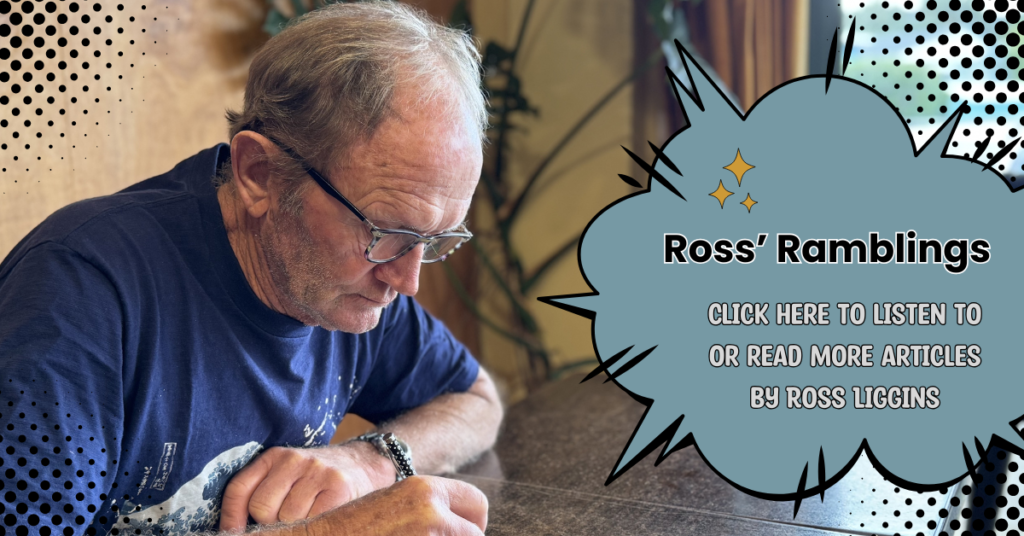
Coromind: Coromandel’s Collaborative Magazine

Help us take Coromind Magazine to new heights by becoming a member. Click here
Change the Weather for Your Business: Advertise with Us.
Advertise your business in the whole Hauraki Coromandel in the coolest Coromandel Art Magazine, from Waihi Beach/Paeroa /Thames up to the Great Barrier Island.
Advertise Smarter, Not Harder: Get in Touch



